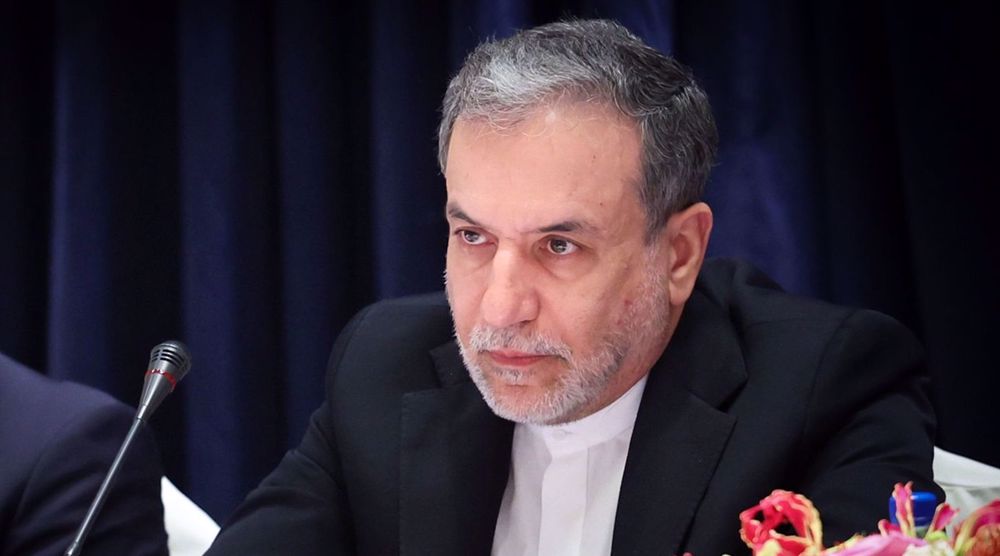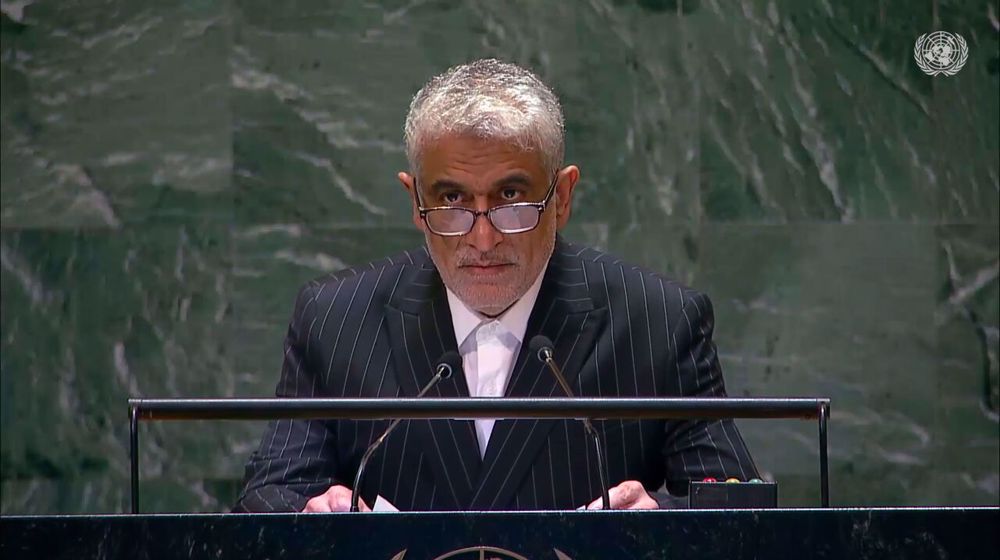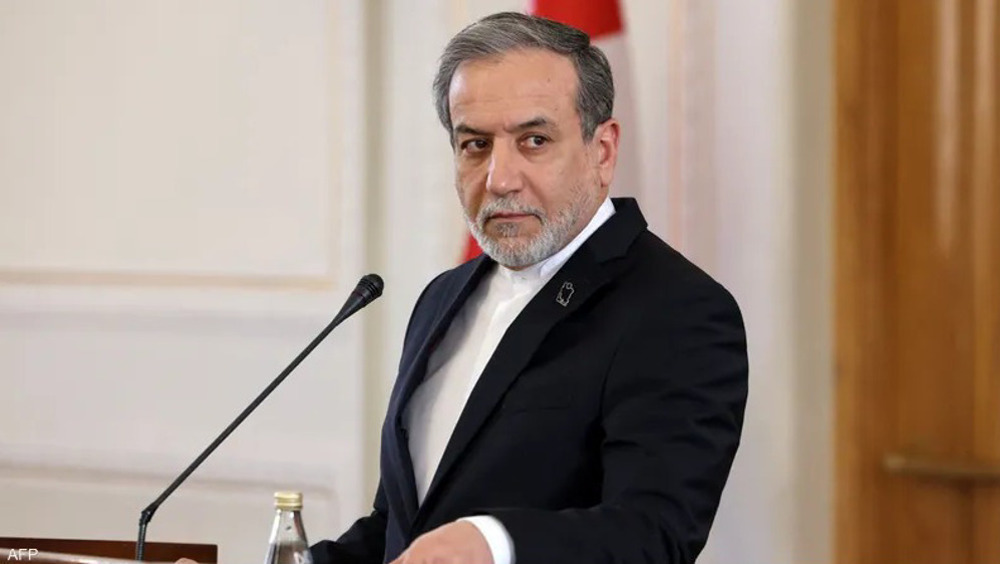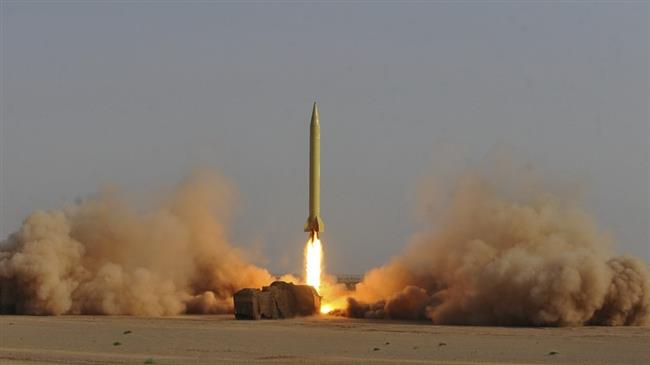Britain, France, Germany claim in letter to UN chief Iran has ‘nuclear-capable missiles’
Having failed to fulfill their commitments to Iran under a 2015 nuclear deal, the European signatories are now accusing Tehran of possessing “nuclear-capable ballistic missiles,” claiming its latest missile activities are “inconsistent” with a UN resolution that endorsed the accord.
In a letter to UN Secretary-General Antonio Guterres circulated on Wednesday, UN ambassadors from France, the UK and Germany claimed that “Iran’s developments of nuclear-capable ballistic missiles” go against a 2015 UN resolution calling on Tehran not to undertake any activity involving such missiles.
UN Security Council Resolution 2231 endorsed the multilateral nuclear accord, officially known as the Joint Comprehensive Plan of Action (JCPOA), which was signed in 2015 between Iran and the major world powers — also including the US, Russia, and China.
Tehran has not yet reacted to the European claims, but it has repeatedly said Iran has no nuclear warheads and that none of its missiles have been designed to carry nuclear weapons. Iran also insists that its missile program is a domestic defense issue, which is not up for talks.
US President Donald Trump pulled his country out of the JCPOA in May 2018 and re-imposed harsh sanctions against Iran, calling for a “new deal” that would address Iran’s national missile program and its anti-terrorism role in the region.
The European trio cited Iran’s April 23 flight test of a Shahab-3 medium-range ballistic missile variant “equipped with a maneuverable re-entry vehicle.”
“The Shahab-3 booster used in the test is a Missile Technology Control Regime category-1 system and as such is technically capable of delivering a nuclear weapon,” they claimed.
The letter alleged that Iran’s recent missile activities “are the latest in a long series of advances in Iranian ballistic missile technology” and “furthermore, Iran continues its proliferation of ballistic missile technology in the region.”
France, Germany and the UK gave what they claimed to be four examples of “Iranian activity inconsistent” Resolution 2231.
The three countries asked Guterres to inform the Security Council in his next report that Iran’s ballistic missile activity go against the call in Resolution 2231.
Resolution 2231 “calls on” — but does not require — Iran “not to undertake any activity related to ballistic missiles designed to be capable of delivering nuclear weapons, including launches using such ballistic missile technology.”
The developments come while the future of the Iran deal has been in doubt since May 2018, when the US unilaterally left the deal and re-imposed the anti-Iran economic sanctions it had committed to lift.
Back then, the European signatories vowed efforts to compensate for Washington’s withdrawal and shield their business links with Iran from the American sanctions.
Those promises, however, were never delivered as Europe gave into America’s pressure, prompting Tehran to resort to Articles 26 and 36 of the JCPOA on its legal rights and suspend parts of its commitments under the supervision of the International Atomic Energy Agency (JCPOA).

Americans know extent of Iran’s defensive power; Iran doesn’t trust US, but will test it: FM

IAEA can resolve remaining issues through independent approach, Iran says

Military buildup goes against US offer of diplomacy to reach a deal: Araghchi
Trump’s announcement of nuclear talks with Iran chagrins Netanyahu
VIDEO | Gaza before and after October 7-P2
VIDEO | Gaza: How much worse can it get?
Former Israeli PM Olmert: Netanyahu inciting settler violence
VIDEO | Trump’s health cuts spark nationwide protests
Euronext says US resembling emerging market as trade war escalates
Iranian intelligence forces dismantle Takfiri terrorist network
VIDEO | Press TV's news headlines













 This makes it easy to access the Press TV website
This makes it easy to access the Press TV website